“All disease begins in the gut.” Hippocrates, the father of medicine, said this more than 2,000 years ago, and we’re now beginning to realize how true it really is.
Research over the last few decades has revealed that the health of the gut has a huge impact on overall health [source]. In addition to breaking down and digesting the food we consume, absorbing the nutrients, and eliminating the waste, the gut also greatly impacts the health of the brain [source] and immune system [source].
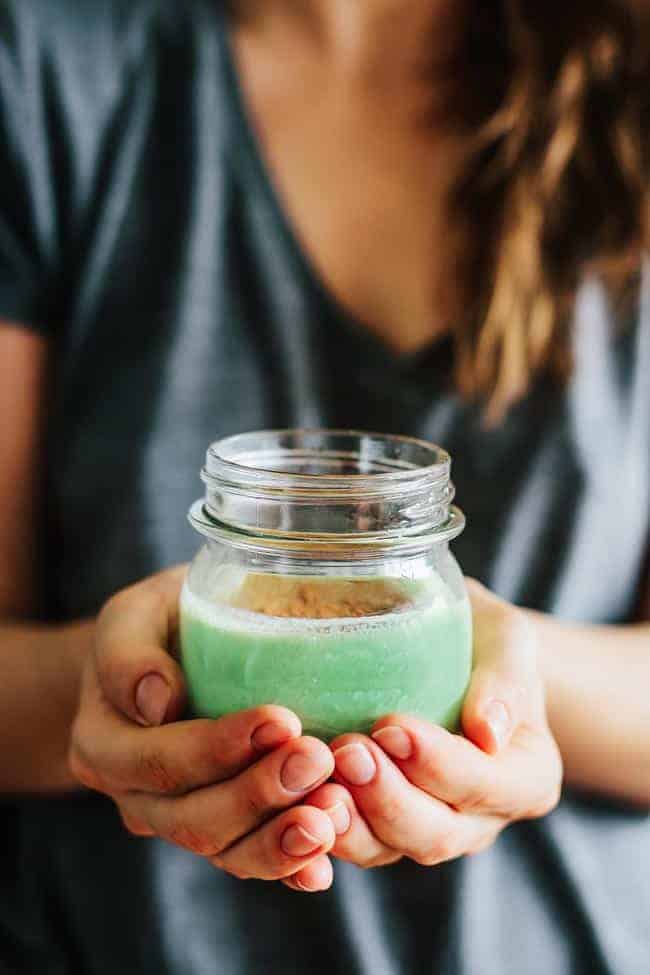
13 Must-Do's For Optimal Gut Health
A lifetime of poor food and drink choices, stress, medications, and environmental toxins can send your gut health into the gutter. But you can start taking steps today to rebuild your healthy gut flora and restore the integrity of your intestinal barrier. Here are 13 simple ways to boost your gut health right away!
1. Eliminate food allergens and sensitivities.
In order to restore and maintain a healthy gut, you have to remove the offenders that are causing the damage. Eating foods you are intolerant of or sensitive to damages the gut barrier, which can lead to increased intestinal permeability, aka leaky gut [source].
To identify the food triggers that are specific to your unique biochemistry, you can do an elimination diet with the help of a practitioner or start keeping a food journal.
2. Remove inflammatory foods.
The number one thing you can do to heal is get rid of all the foods causing inflammation [source] in your gut. In my opinion, the top 5 inflammatory foods are gluten, dairy, sugar, alcohol, and industrial seed oils.
For some people, gluten can cause gut inflammation and increase intestinal permeability [source]. Conventional dairy can be very difficult to digest, and it is full of hormones [source] and antibiotics [source] that damage the gut.
Refined sugar is very inflammatory and feeds the bad gut bacteria. Alcohol can inflame the stomach lining and cause nutrient malabsorption.
Industrial seed oils, such as canola, soybean, corn, cottonseed, and safflower, are hydrogenated, highly inflammatory, and become rancid quickly. Switch to cooking with unrefined coconut oil, grass-fed butter, and ghee.
3. Start your day with warm water and lemon.
Trade in your first cup of coffee for a mug of warm water with a squeeze of fresh lemon. First thing in the morning, this delicious elixir will hydrate your cells, detox your liver, jumpstart your metabolism, and provide you with an energy boost, plus a hit of vitamin C!
4. Sip CCF tea.
CCF tea is made with cumin, coriander, and fennel seeds, three of the most powerful spices for stimulating digestion and increasing metabolism. This delicious, savory tea helps heal the gut mucosa, improve nutrient absorption, and stimulate the lymphatic system.
To make, add ½ teaspoon of each of the three seeds to 4–5 cups of boiling water. Steep for 5–10 minutes, then strain the seeds and sip the tea throughout the day.
5. Take 1 tablespoon of ACV before meals.
Add 1 tablespoon of raw, unfiltered apple cider vinegar (with the “Mother”) to a small glass of water and drink 15–30 minutes before each meal. ACV balances the pH in the stomach and small intestine so that the body can more easily break down food and absorb the nutrients.
Apple cider vinegar is a great source of probiotics and has been shown to help balance blood sugar, lower blood pressure, lower cholesterol, and aid in weight loss.
6. Drink bone broth.
Bone broth is the healing liquid you get from simmering animal (chicken or beef) bones for many hours. It contains amino acids such as proline, glycine, and glutamine that help repair the gut lining.
Bone broth is rich in collagen, which helps form connective tissue to protect our bones and joints and maintain healthy skin, hair, and nails. It is also full of minerals such as calcium, magnesium, phosphorus, silicon, and sulfur, in forms that the body can easily absorb. If you're a vegetarian, there are still lots of plant-based foods to help build collagen.
If you want to make bone broth yourself, use marrow or knuckle bones from grass-fed cows or the necks, feet, and backs from organic chickens. Otherwise, you can buy it online at Wise Choice Market or BIY Bone Broth. Aim for about 1 cup a day, either by drinking it like a savory tea or using it to make soup, stew, or gravy.
7. Chew your food.
Many of us inhale our food, barely chewing before gulping it down. Chewing is the first step in the digestive process because, along with the mechanical action of your teeth, your saliva contains enzymes that start to break down food even before you swallow it [source].
Chewing also sends a message ahead to the stomach to produce more acid [source] and to the pancreas to send enzymes over to the small intestine. So make sure you chew until the food is liquefied before swallowing to give your digestive enzymes a chance to access all the nutrition locked up in the food you’re eating.
Not chewing properly increases the likelihood that large food molecules may make it all the way to your colon undigested, giving you indigestion and gas, and providing a buffet for the harmful gut bacteria. Put down your fork between bites, and aim to chew each bite 30 times.
8. Eat 1 tablespoon of fermented veggies daily.
These are the jars of veggies in the refrigerated section of the grocery store, or you can make your own. Pickles and things you find on the shelf are not lacto-fermented, and therefore, not what you are looking for.
Fermented veggies, such as sauerkraut and kimchi, are both great. These foods provide your gut with trillions of beneficial bacteria and contain organic acids that help get your gut to the proper pH for probiotics to proliferate [source].
You only need 1 tablespoon per day to reap the benefits, so try adding some to the side of your lunch or dinner meal as a condiment. And as a bonus, fermented vegetables will enhance the nutrient absorption of the other foods you’re eating.
9. Eat prebiotic foods.
Prebiotics are necessary for creating an environment in the gut where good bacteria can thrive because the probiotic cultures feed on the prebiotic ingredients [source]. You can think of prebiotics as food for the live probiotic organisms.
Some good sources of prebiotic fiber are beans, artichokes, asparagus, dandelion greens, jicama, garlic, and onions.
10. Fast for at least 12 hours every night.
When you eat a meal, the food stays in the small intestine for about 4 hours while it absorbs 80–90% of the nutrients into your bloodstream. The food then moves into the large intestine, where it hangs out another 4 hours while the colon extracts water, salt, and some fat-soluble vitamins.
When your digestion is working optimally, it should take about 8 hours to completely digest a meal. After those 8 hours, the body’s detox signal is given, and then the detox system requires at least 4 hours to function well.
If you eat a late dinner and an early breakfast, the body is denied its full detox mode. The gut needs at least 12 hours of complete rest each day to fully repair itself and detoxify the body, coinciding optimally with the natural circadian rhythms [source].
I encourage you to give your gut a rest and fast every night for a minimum of 12 hours, e.g., finish dinner by 7 p.m. if you plan to eat breakfast at 7 a.m. the next morning.
11. Stop over-sanitizing.
Exposure to germs and bacteria isn’t all that bad, contrary to what we’ve been told. We need frequent micro-exposures to all sorts of germs to build up resistance to illnesses. Cleaning your home with bleach or other harsh antibacterial cleaners, using hand sanitizer multiple times a day, and taking antibiotics for every sniffle is what I mean by over-sanitizing.
Our society’s obsession with hygiene, cleanliness, and antibacterial everything is compromising the bacterial diversity on our skin and in our gut. I’m not suggesting that you keep a filthy home and grubby hands.
Instead, consider switching to mild soaps (like pure Castile soap), using non-toxic household cleaning products, and taking antibiotics only when you really need them for bacterial infections (not viruses!).
12. Manage stress.
Emotional stress can trigger an inflammatory gut response that wreaks havoc with your digestion. Stress decreases nutrient absorption, blood flow to digestive organs, and metabolism, while it also suppresses the gut’s immune system and has a negative effect on gut microflora [source].
Figure out the causes of your daily stress, and then look at what lifestyle changes or decisions you can make to reduce chronic stressors. Incorporate daily stress management techniques, such as walking, deep breathing, restorative yoga, taking an Epsom salt bath, meditating, and surrounding yourself with positive people. Do whatever works best for you!
13. Work with a practitioner.
What really helps one person may not be right for the next. A holistic health program should be customized based on the client's health history, labs, lifestyle, specific needs, and goals.
This individualized approach is what health practitioners can do for clients within their areas of expertise. Consult an online directory to find health professionals that can work closely with you to tailor a program that helps you achieve all of your health and nutrition goals.
This post was medically reviewed by Dr. Amy Shah, a double board-certified MD who specializes in helping busy people repair their microbiome and reduce inflammation. Learn more about Hello Glow's medical reviewers here. As always, this is not personal medical advice, and we recommend that you talk with your doctor.
118

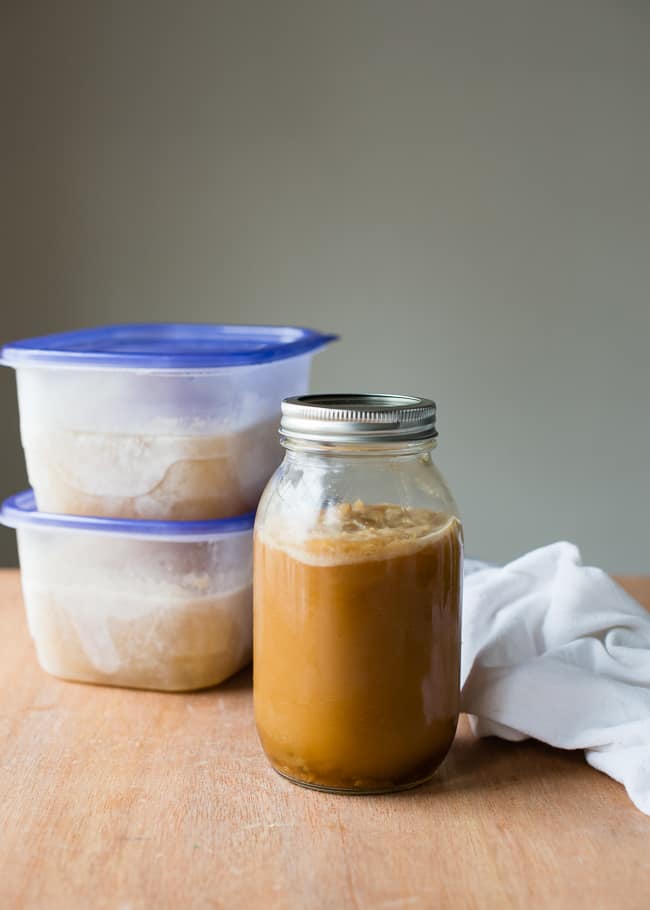
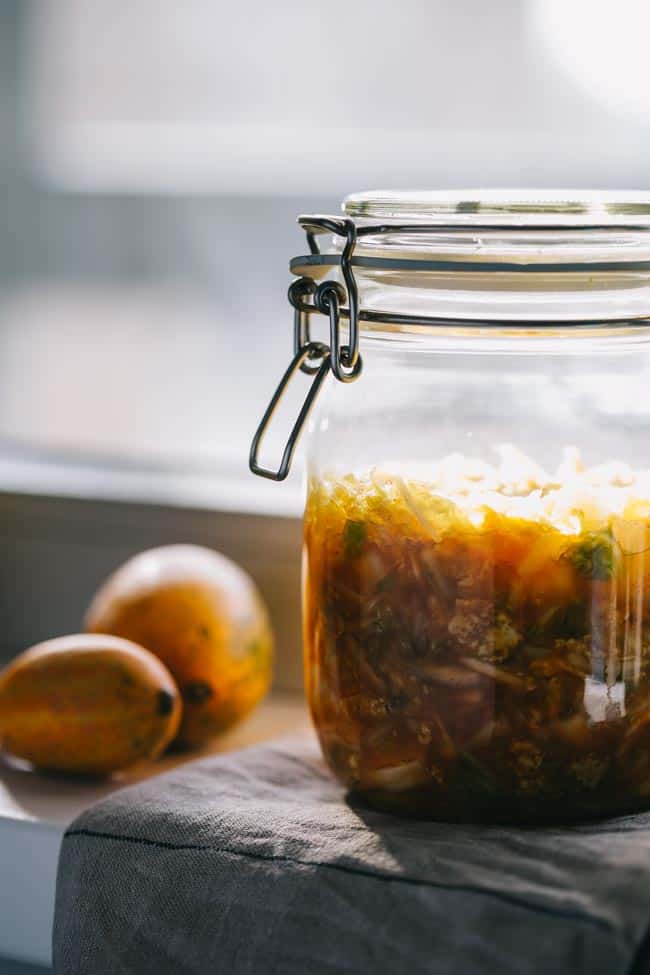
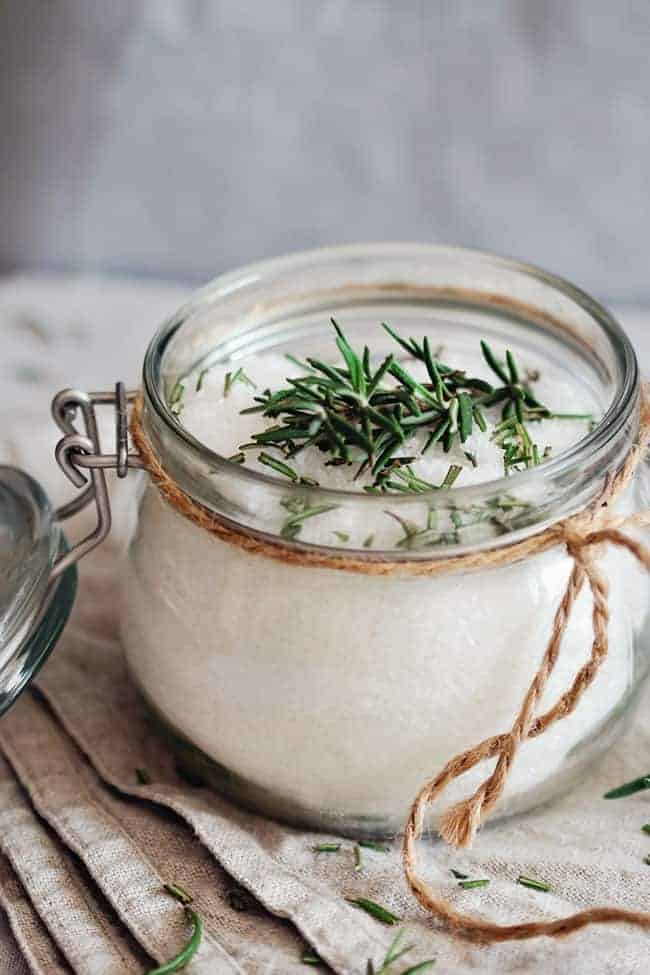
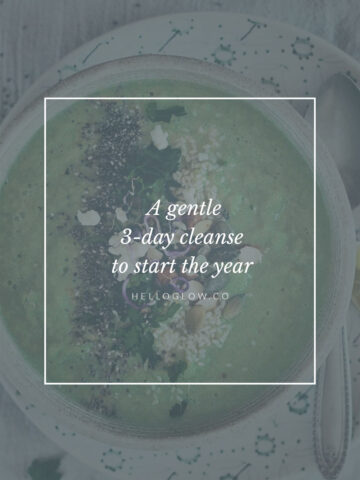
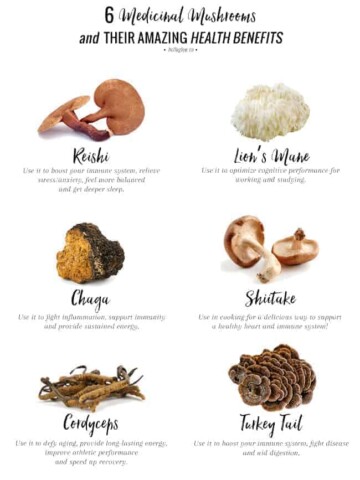
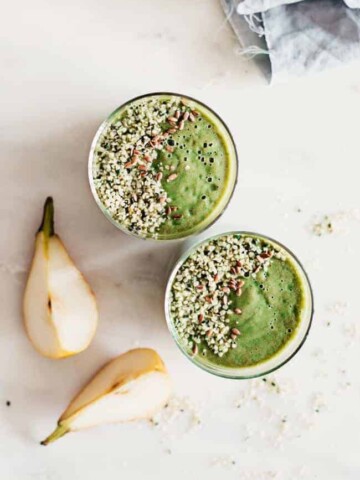
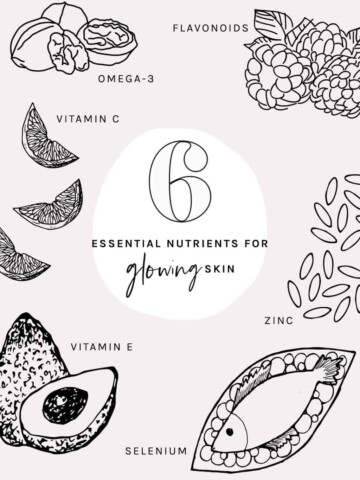
Leave a Comment